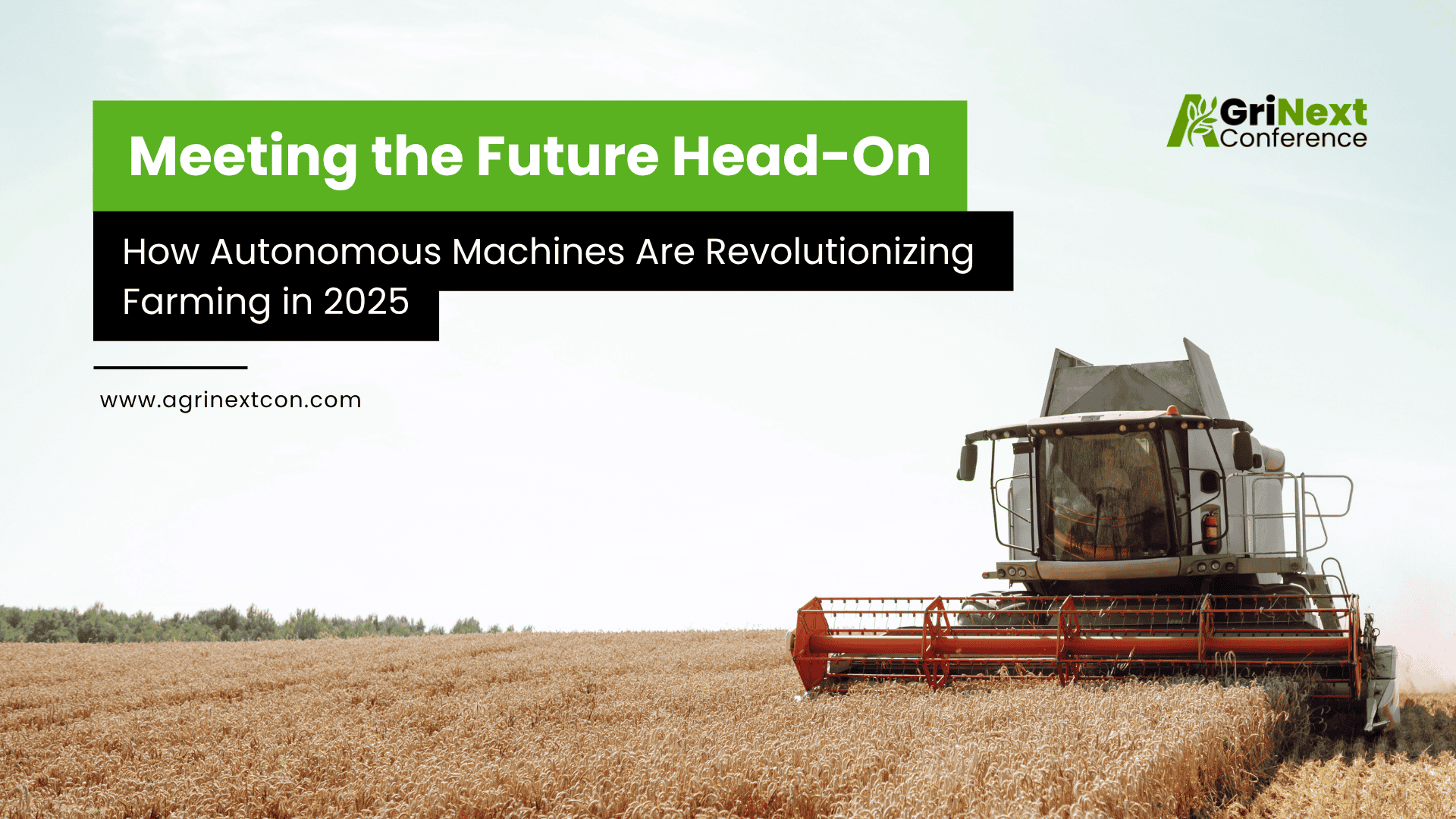
As global food demand continues to rise, farmers face mounting challenges—from persistent labor shortages and unpredictable climate conditions to geopolitical tensions that disrupt production and distribution. In 2025, the agricultural sector is embracing a pivotal transformation, with automation—particularly autonomous vehicles—leading the charge.
Autonomous machinery is reshaping modern agriculture by reducing labor dependency, improving operational efficiency, and advancing sustainable practices. These smart machines—including driverless tractors, automated harvesters, and multifunctional field robots—are powered by cutting-edge technologies such as Artificial Intelligence (AI), the Internet of Things (IoT), GPS, computer vision, and remote sensing.
Key Benefits of Autonomous Trucks and Tractors
Efficiency and Productivity
Autonomous tractors are revolutionizing farming by operating 24/7 with consistent precision—boosting output while cutting down on time and human error. Multiple units can be deployed simultaneously to scale operations effortlessly. These machines also lower operational costs by reducing labor dependency, optimizing fuel usage, and minimizing mechanical wear due to smoother automation.
Workforce Safety and Strategic Human Resource Use
By taking over repetitive and physically demanding tasks, autonomous tractors free up farmers and workers to focus on higher-value activities. More importantly, they enhance safety by removing humans from potentially hazardous situations, such as exposure to pesticides or operating heavy machinery, ultimately reducing accident risks and liability.
Precision Agriculture and Environmental Stewardship
With GPS, sensors, and AI, autonomous machines ensure precise application of seeds, fertilizers, and pesticides—resulting in less waste, higher yields, and lower input costs. This accuracy reduces chemical runoff and soil compaction, especially when using lighter electric models, promoting sustainable agriculture and environmental conservation.
Scalability, Flexibility, and Future-Readiness
Autonomous systems can easily scale as farms grow—just add more machines without recruiting new staff. Their adaptability across various crops and terrains makes them ideal for diverse farming needs. By integrating autonomous technology, farms are not only improving today’s performance but are also positioning themselves for future tech advancements in agriculture.
Smarter Fields, Smarter Machines
Self-Driving Tractors Boost Farm Efficiency
John Deere continues to set the benchmark in autonomous farming with its latest generation of AI-enabled tractors. By 2024, these machines have become a staple across vast farms in North America and Europe. One major farm in Illinois, spanning 10,000 acres, saw a 15% surge in productivity after adopting this technology. The key drivers? Precision seeding, optimized tilling, and minimal overlap—all achieved without human intervention. These self-driving tractors represent more than convenience; they mark a shift toward data-driven, scalable agriculture.
Vineyards Go Autonomous with Bluewhite
In California’s Napa Valley, premium vineyards are embracing Bluewhite Robotics to automate labor-intensive tasks. Rather than purchasing new fleets, growers retrofit their current tractors with autonomous systems. The result is seamless execution of mowing, pruning, and spraying, all with limited human oversight. Reports show that many vineyards saw a complete return on investment within a year. Even better—precision spraying has led to more uniform grape quality and operational cost reductions of up to 85%.
Smarter Soil, Better Seeding
Autonomous innovation is also transforming soil care and planting. Companies like the Small Robot Company are pioneering field robots that assess soil health with pinpoint accuracy. These compact, AI-powered units collect and analyze real-time data, adjust seeding depth, and apply nutrients only where needed. The approach not only boosts crop performance but also conserves resources by cutting down unnecessary inputs. It’s a win-win for farmers and the environment.
The Bigger Picture
One big advantage of autonomous farming vehicles is that they can work around the clock, which opens up new possibilities—like using smaller, lighter machines instead of bulky tractors. This shift not only improves precision and reduces soil damage, but also cuts down fuel use. Experiments like the “Hands Free Farm” project by Harper Adams University have even shown that using autonomous equipment could save £20 to £30 per tonne when producing wheat. That’s a big deal for any farmer looking to stay profitable while adopting sustainable practices.
Market and Future Trends
The global autonomous farm equipment market is poised for significant growth, driven by smart tech adoption, labor challenges, and government support. The Asia-Pacific region—especially China, India, and Japan—is witnessing rapid innovation and mechanization.
Companies like John Deere and Kubota are leading the charge with next-gen electric and autonomous models showcased at global expos. These technologies promise a resilient, data-driven future for agriculture.
Conclusion
Autonomous vehicles in agriculture are no longer a futuristic concept—they are actively transforming the way farming is done. From John Deere’s smart tractors enhancing large-scale farm productivity to Bluewhite’s retrofitted vineyard solutions achieving rapid ROI, the shift toward autonomy is proving both practical and profitable. Innovations like autonomous soil analysis and seeding by Small Robot Company, and long-term cost savings demonstrated by Harper Adams University’s “Hands Free Farm,” highlight the technology’s vast potential. As these advancements continue to evolve, autonomy in agriculture is set to redefine efficiency, sustainability, and precision across the farming landscape.
At AgriNext Awards & Conference 2025, leading experts and companies will gather to discuss and showcase advancements in autonomous and electric farming technology. This event offers a unique platform to explore how tech-driven solutions can help secure a sustainable future for global agriculture.
References
1. Meticulous Research – Autonomous Farm Equipment Market
2. Future Farming – Benefits of Electric Autonomous Tractors
3. world Economic Forum:innovative technologies
Signup For AgriNext Conference Newsletter


